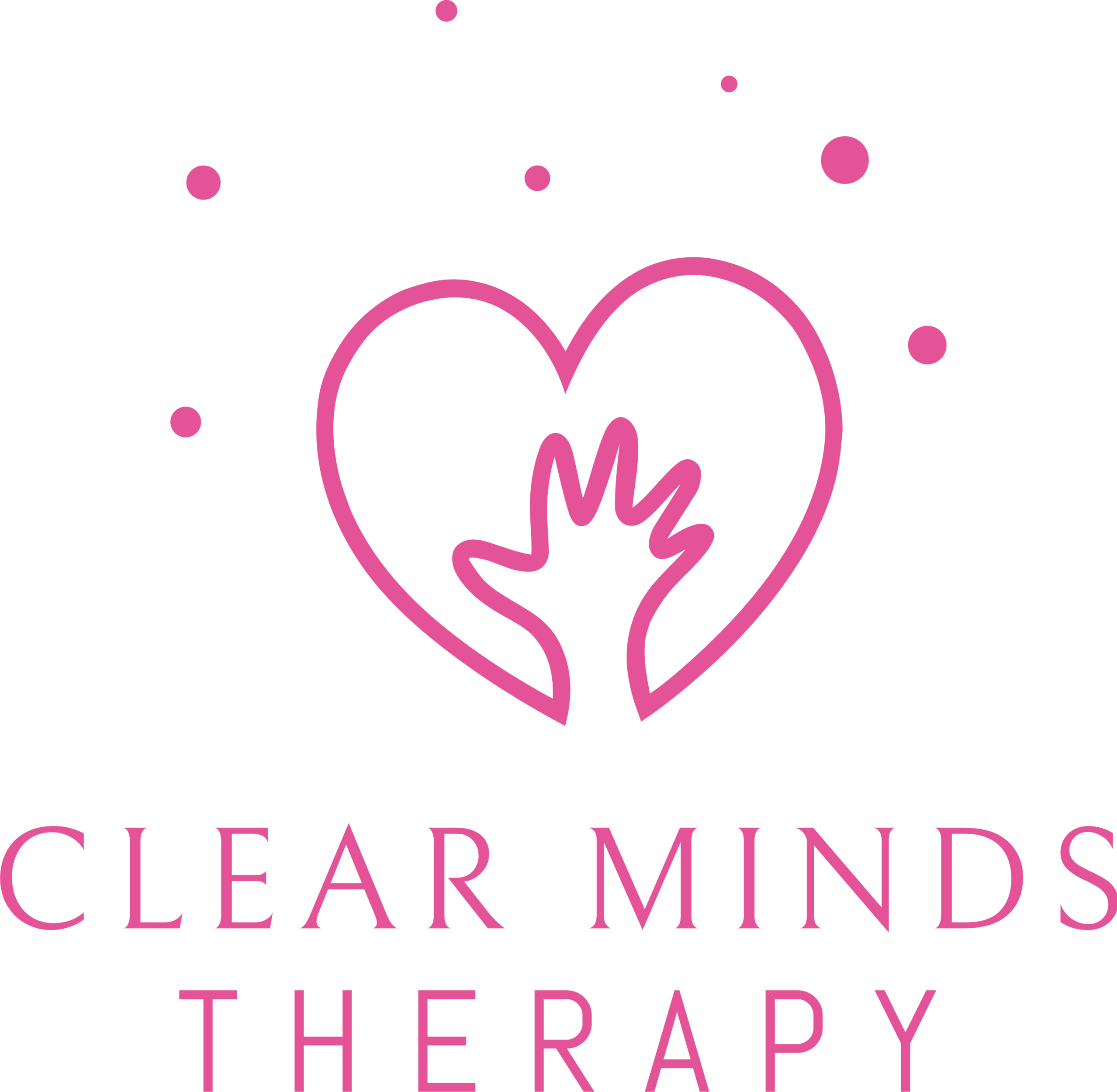Navigating the Journey: Understanding Teen Development
Adolescence is a period of profound transformation, marked by physical, cognitive, emotional, and social changes. As teenagers navigate this journey from childhood to adulthood, it’s essential for parents, educators, and caregivers to have a deep understanding of teen development to support their growth and well-being effectively.
Physical Changes: One of the most noticeable aspects of teen development is the rapid physical growth that occurs during puberty. Hormonal changes trigger the development of secondary sexual characteristics, such as breast development in girls and facial hair growth in boys. Understanding these changes can help teens feel more comfortable in their changing bodies and navigate issues related to body image and self-esteem.
Cognitive Development: Teenagers undergo significant changes in their cognitive abilities during adolescence, including improvements in abstract thinking, problem-solving, and decision-making skills. However, their brains are still developing, particularly the prefrontal cortex, which is responsible for impulse control and long-term planning. This can lead to risk-taking behaviour and difficulty regulating emotions. Providing teens with guidance and opportunities to develop critical thinking skills can help them make informed decisions and navigate challenges effectively.
Emotional and Social Development: Adolescence is a time of heightened emotional intensity as teens grapple with issues of identity, autonomy, and peer relationships. They may experience mood swings, conflicts with parents, and a strong desire for independence. Developing healthy coping mechanisms and communication skills can help teens manage their emotions and navigate conflicts constructively. Additionally, forming positive relationships with peers and supportive adults is crucial for their social and emotional development.
Identity Formation: Teenagers are in the process of forming their sense of self and exploring different aspects of their identity, including gender, sexuality, values, and beliefs. This can be a challenging and sometimes confusing process as they try to reconcile societal expectations with their own individuality. Creating a supportive and accepting environment where teens feel free to express themselves without judgment is essential for fostering healthy identity development.
Academic and Career Exploration: As teenagers approach adulthood, they begin to explore their interests, talents, and aspirations regarding education and career paths. Encouraging them to pursue their passions, explore different fields, and set realistic goals can help them develop a sense of purpose and direction for their future. Providing guidance and resources for academic and career planning can empower teens to make informed choices and take steps towards achieving their goals.
In conclusion, understanding teen development is essential for supporting adolescents as they navigate the challenges and opportunities of adolescence. By recognising the physical, cognitive, emotional, social, and identity-related changes that occur during this transformative period, parents, educators, and caregivers can provide the guidance, support, and encouragement that teens need to thrive and fulfil their potential.

